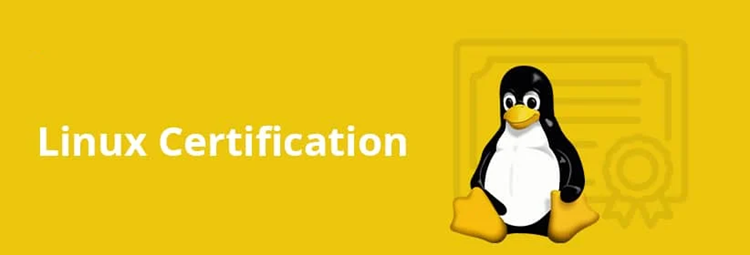In today's fast-paced technological landscape, the demand for skilled DevOps professionals is skyrocketing. Companies are increasingly adopting DevOps practices to streamline their development processes, enhance collaboration between teams, and accelerate time-to-market for their products and services. As a result, individuals with expertise in DevOps are highly sought after in the job market.
What is Linux Professional Institute DevOps Tools Engineer Certification?
The Linux Professional Institute (LPI) offers a specialized certification program tailored for DevOps professionals: the LPI DevOps Tools Engineer Certification. This certification is designed to validate the skills and knowledge required to effectively implement DevOps practices using a variety of tools and technologies within the Linux environment.
Core Concepts Covered in LPI DevOps Tools Engineer Certification
1. Automation
Automation lies at the heart of DevOps practices. With the LPI DevOps Tools Engineer Certification, professionals learn how to automate various aspects of the software development lifecycle, including build, deployment, testing, and monitoring processes. By mastering automation tools such as Ansible, Puppet, and Chef, candidates can significantly improve the efficiency and reliability of their workflows.
2. Containerization
Containerization has revolutionized the way applications are deployed and managed. The LPI DevOps Tools Engineer Certification delves into containerization technologies like Docker and Kubernetes, enabling candidates to containerize their applications effectively. With containerization, organizations can achieve greater scalability, portability, and resource utilization across different environments.
3. Continuous Integration and Continuous Deployment (CI/CD)
Continuous Integration (CI) and Continuous Deployment (CD) are essential practices in modern software development. The LPI DevOps Tools Engineer Certification covers tools such as Jenkins, GitLab CI/CD, and Travis CI, empowering candidates to automate the build, test, and deployment pipelines. By implementing CI/CD pipelines, organizations can deliver high-quality software more frequently and reliably.
4. Infrastructure as Code (IaC)
Infrastructure as Code (IaC) enables the provisioning and management of infrastructure through code. With the LPI DevOps Tools Engineer Certification, professionals learn how to use Terraform, CloudFormation, and Ansible for defining and managing infrastructure in a declarative manner. By treating infrastructure as code, organizations can achieve greater consistency, scalability, and repeatability in their deployments.
Benefits of LPI DevOps Tools Engineer Certification
1. Industry Recognition
The LPI DevOps Tools Engineer Certification is recognized globally as a benchmark of proficiency in DevOps practices. Holding this certification demonstrates to employers that you possess the skills and expertise needed to excel in roles such as DevOps Engineer, Site Reliability Engineer (SRE), or Cloud Engineer.
2. Career Advancement Opportunities
In today's competitive job market, having specialized certifications like the LPI DevOps Tools Engineer can give you a significant edge over other candidates. With this certification, you can unlock new career opportunities and command higher salaries in the rapidly growing field of DevOps.
3. Skill Development
The comprehensive curriculum of the LPI DevOps Tools Engineer Certification equips you with the knowledge and hands-on experience needed to tackle real-world challenges in DevOps. Whether you're a seasoned professional or just starting your career in IT, this certification can help you enhance your skills and stay ahead of the curve in a constantly evolving industry.
Conclusion
In conclusion, the Linux Professional Institute DevOps Tools Engineer Certification is a valuable asset for anyone looking to advance their career in DevOps. By mastering essential tools and technologies, candidates can become proficient in automating workflows, implementing CI/CD pipelines, containerizing applications, and managing infrastructure as code. Whether you're aiming for career growth or seeking to enhance your skills, obtaining this certification can open doors to exciting opportunities in the dynamic world of DevOps.




%20Concepts.jpg)












